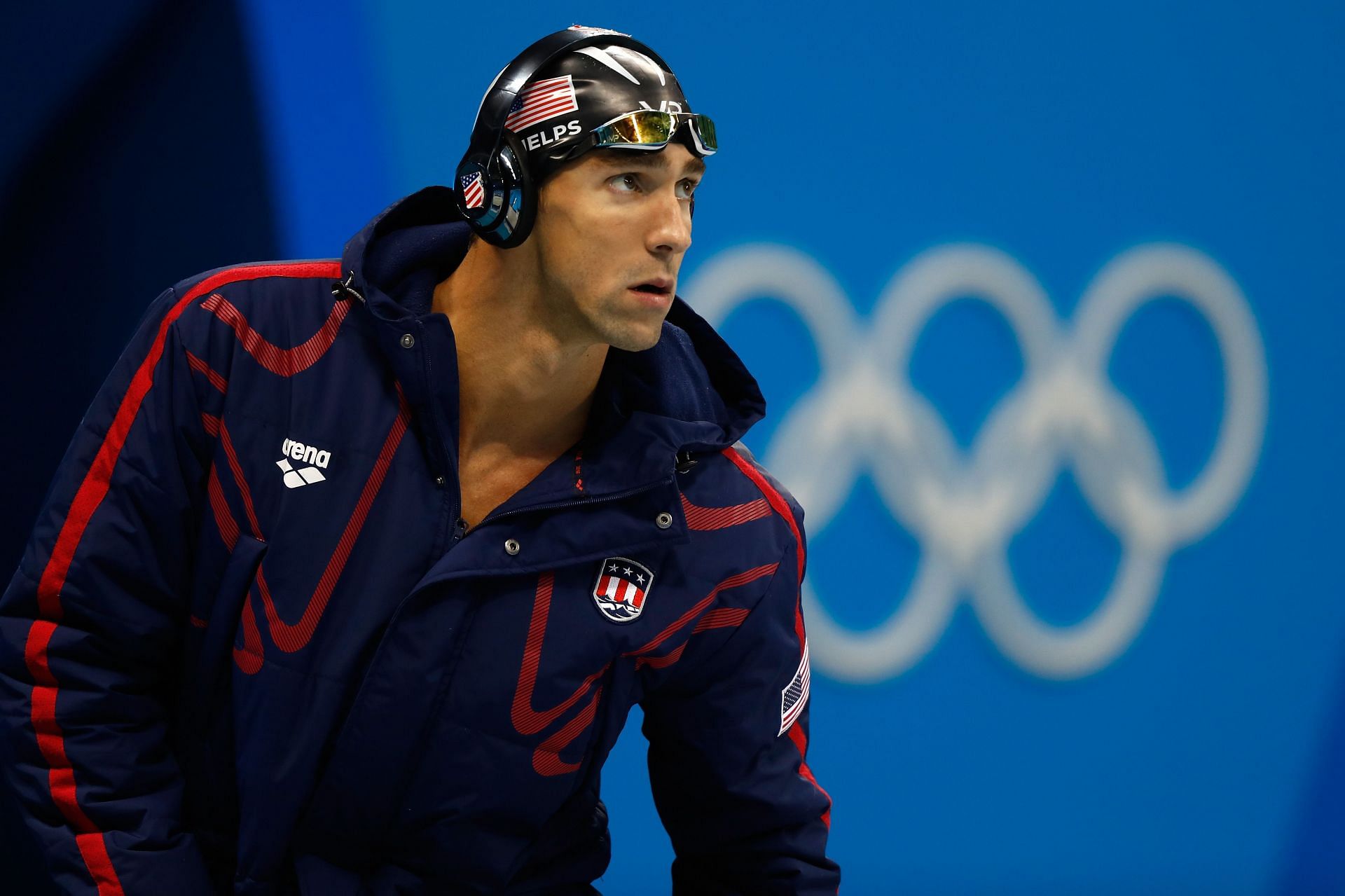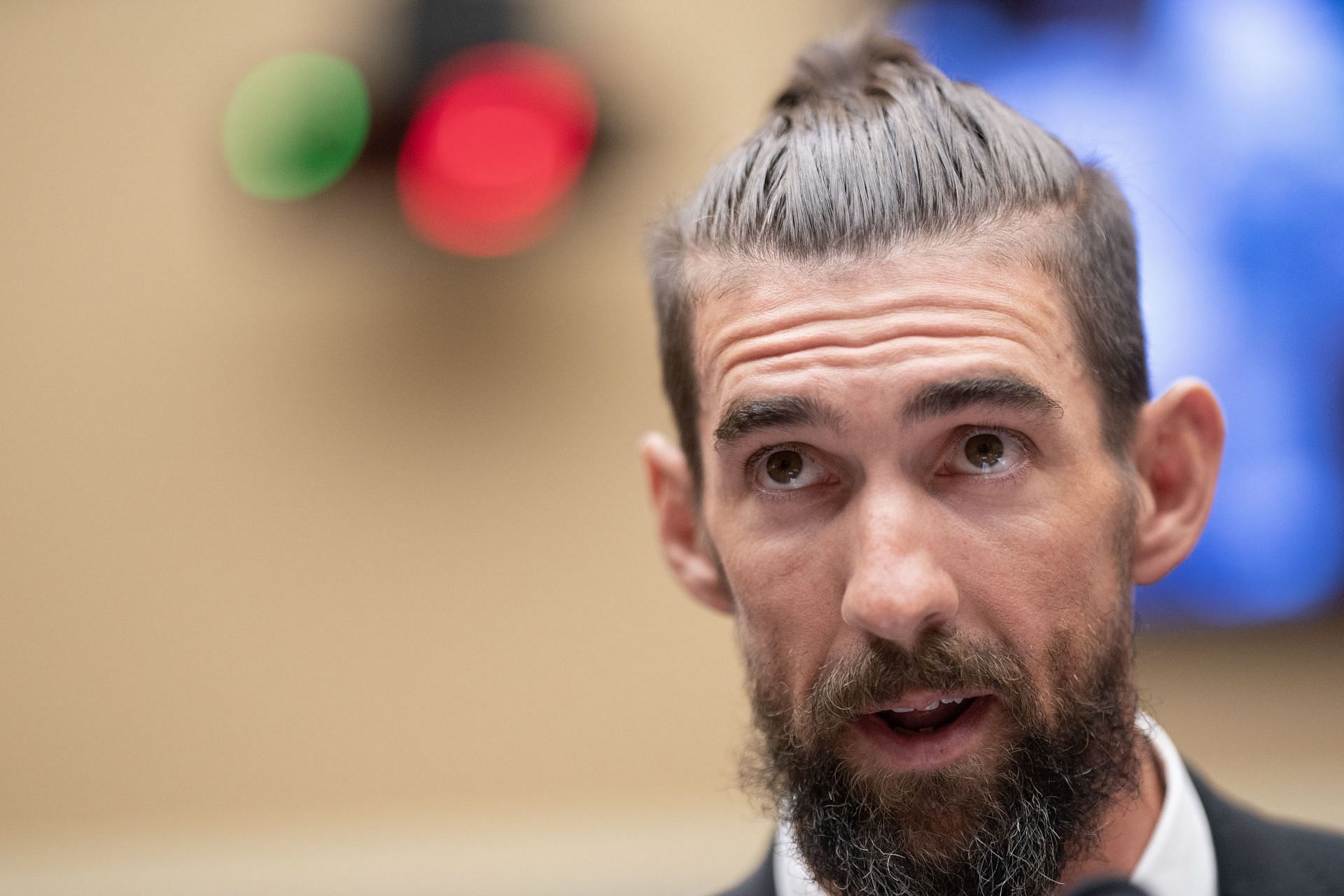Michael Phelps once spoke about why he keeps quiet about his mental health struggles. He explained that athletes are often considered strong without any weaknesses, and also accepted that his silence was partly driven by fear of rejection.
In an interview with CBS NewsPhelps shared how societal pressure forces athletes to maintain a strong personality, which led him to hide his suffering from the outside world for a long time instead of speaking out. He added how fear of rejection also played a crucial role in suppressing his feelings. He reflected on society's expectations, adding: Via CBS News in April 2018:
“I think it's something that no one really talked about in the past because we're supposed to be this big, muscular, strong person who has no weaknesses. You know, we're supposed to be perfect.”
The most decorated Olympian of all time was mentioned in the interview:
“And for me, I had carried this for so long and never talked about it… Part of it was probably just fear of rejection.”
After him Driving under the influence DUI arrest in 2014, Michael Phelps He sought treatment at a 45-day inpatient treatment center in Arizona and continued his therapy sessions after returning to Baltimore. Although he was initially apprehensive and afraid to attend therapy, he began to feel better once he started receiving sessions.
After opening up about his mental health struggles in 2014, the 39-year-old has since become a vocal advocate as he encourages others to speak more openly about the issue.
Michael Phelps ponders whether he knew it was depression when he experienced it


Michael Phelps He shared his thoughts when asked if he knew he had depression when he first started experiencing it. In an interview with Meet the Press (NBC News)He stated that he feared that his rivals would take advantage of the matter if he participated in his conflicts.
However, Phelps knew something was “off,” adding:
“I think at that point, you know. Also as a male athlete, you know, I could tell something was wrong. But I think I saw it as a sign of weakness. And if I shared anything about it, it would give my competitors an advantage. And I don't I'm trying to do that, right? It's like I don't want to beat the competition and try to be better than ever.
Phelps added how he considered it a weakness, saying:
“So for me, I looked at it as weakness. So for me, I had to learn that vulnerability is good. It was scary at first. But I learned that vulnerability just means change. And for me, that was a big change.”
It is worth noting, Phelps He first suffered from post-Olympic depression after the 2004 Olympics in Athens, where he had an extraordinary campaign, winning six gold medals and two bronze.
Edited by Hitesh Nigam

